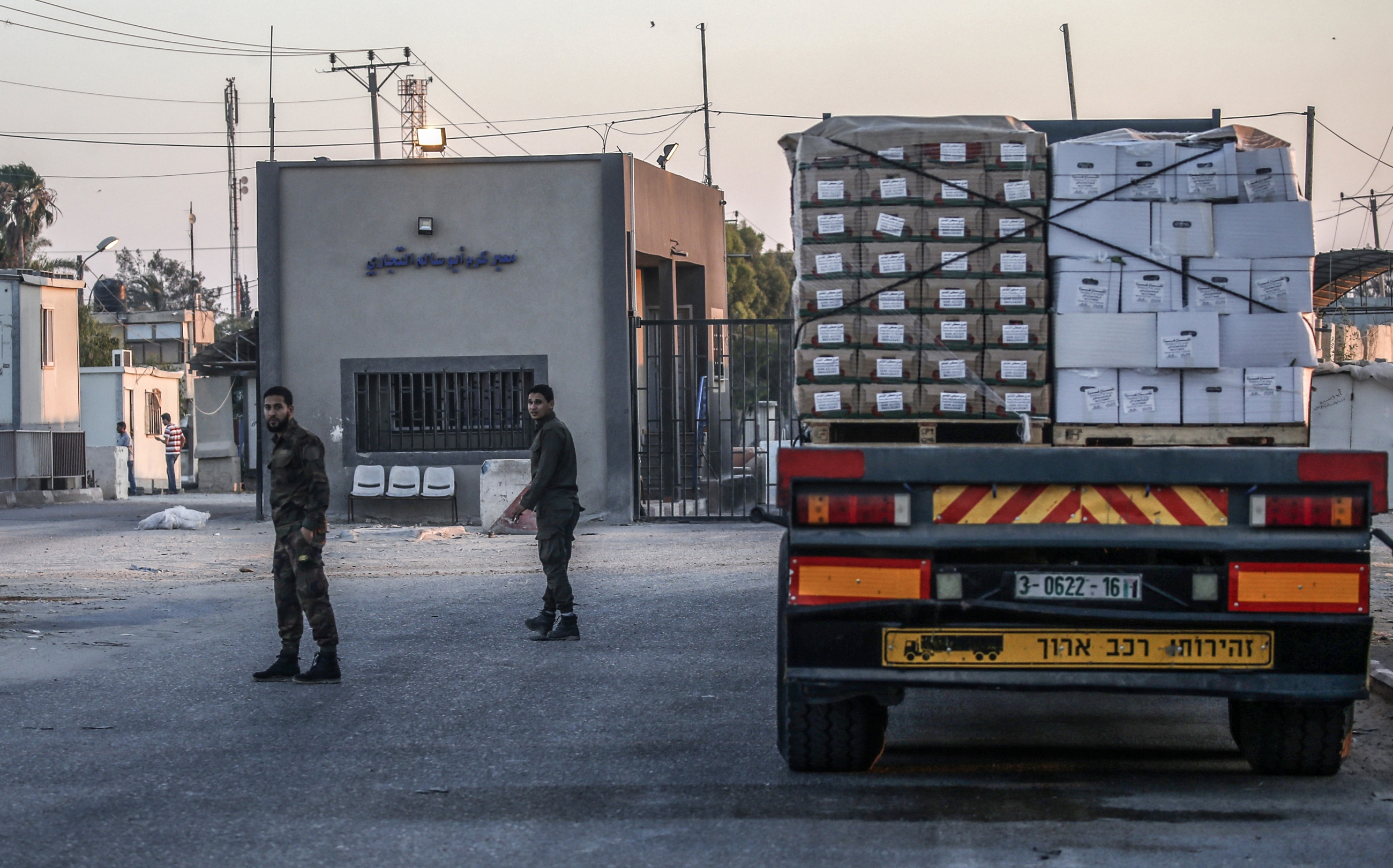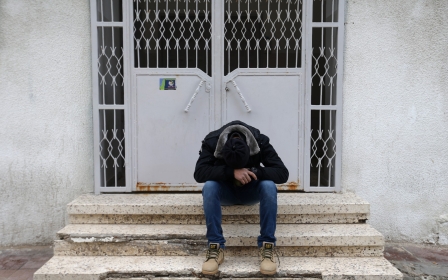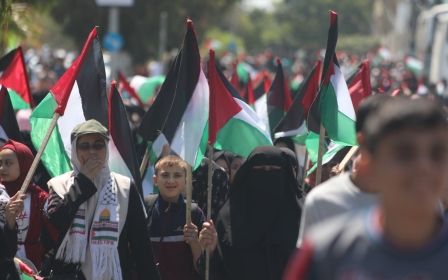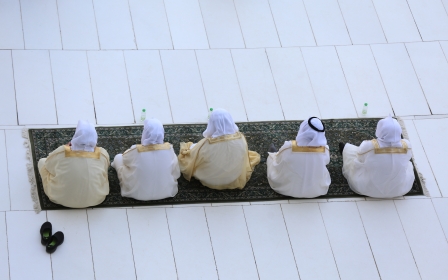Israel closes crucial Gaza border crossing

Israel has closed one of the main crossing into the Gaza Strip, citing the launch of incendiary balloons from the besieged enclave.
Israeli media reported that more than 30 fires had been set around border communities by the balloons.
"Kerem Shalom Crossing will be closed for the passage of all goods, with the exception of the entry of essential humanitarian equipment and fuel," Israel's Defence Ministry said in a statement.
Kerem Shalom is one of three main Gaza border crossings with Israel and Egypt, but it is where most goods pass through daily.
Palestinian officials said the closure in particular affected construction materials.
New MEE newsletter: Jerusalem Dispatch
Sign up to get the latest insights and analysis on Israel-Palestine, alongside Turkey Unpacked and other MEE newsletters
Israel has besieged Gaza since 2007 following Palestinian elections that led to a victory for Hamas.
Explosives tied to balloons and kites first emerged as a weapon in Gaza during intense protests in 2018, when the devices drifted across the border daily, causing thousands of fires in Israeli farms and communities.
In the past week, such balloons have been launched three times from Gaza into Israel, each time triggering retaliatory strikes against Hamas positions.
Hamas also fired several rockets into the sea on Monday after repeated exchanges of fire with Israel in recent days, Palestinian security sources and eyewitnesses said.
The rockets were a "message" to Israel to let it know that armed groups in Gaza will not "remain silent" in the face of an Israeli blockade and "aggression", a source close to Hamas told AFP.
Another Hamas official said that they were an attempt to draw attention to stalled efforts to provide aid to the strip.
“They said there were understandings and agreements on advancing projects, mainly in the field of infrastructure and on the humanitarian level, but everything seems to be stuck,” the official told Haaretz.
Middle East Eye delivers independent and unrivalled coverage and analysis of the Middle East, North Africa and beyond. To learn more about republishing this content and the associated fees, please fill out this form. More about MEE can be found here.





